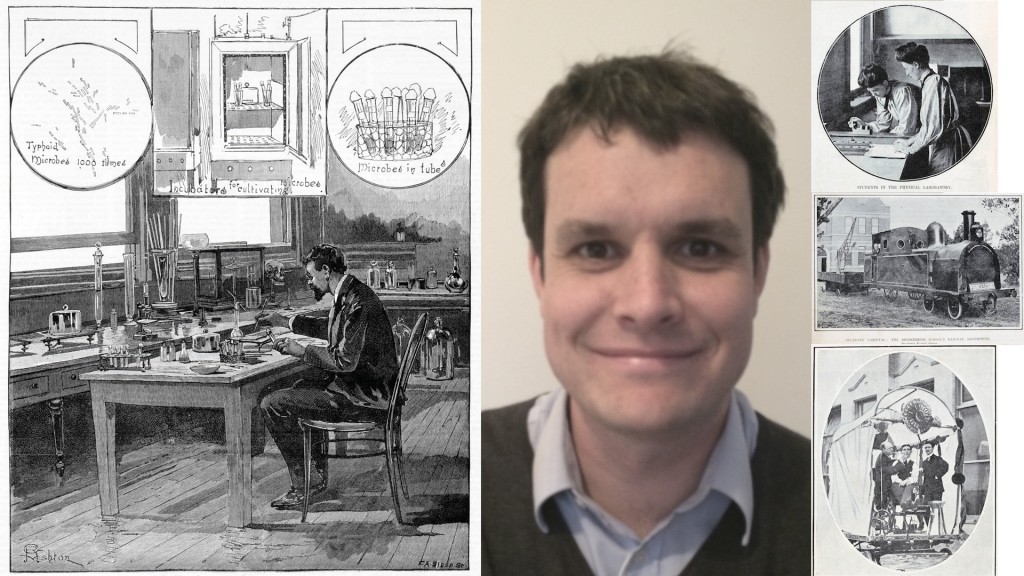Science in the State’s Interest: the Victorian Precursors to CSIRO

2016 Joint Lecture with the Royal Historical Society of Victoria
Dr James Waghorne
University Historian, The University of Melbourne
When Australian Prime Minister Billy Hughes announced his government’s intention to establish a Commonwealth Scientific Research Institution in 1916, he famously declared that science would ‘cure the diseases of the body economic and be its striking and producing power’. Hughes’ defence of scientific utility was optimistic, but it reflected an earlier enthusiasm from state governments for scientific research, most notably from Victoria.

From 1907 the Victorian government funded a series of research grants at the University of Melbourne, the first dedicated research funding, which supported a series of notable researchers to undertake a range of interesting projects. Universities used these projects to promote the capacity of universities to make practical contributions to the wider economy, and to advance knowledge. The newly federated Australia thus enjoyed a position at the forefront of scientific and intellectual advancement in the early twentieth century.
Such a program was not contemplated when the University of Melbourne was established fifty years earlier. Science graduates remained very low throughout the nineteenth century. However, the twentieth century marked a profound shift, and even in the context of very lean university budgets, money was found for research.
Some projects supported under this scheme were of international significance, such as Henry Grayson’s pioneering research into micro-ruling machines, Gustav Ampt’s research into soil physics and fertilisers, or Ernest Hartung’s work on ferric salts in sulphuric acid. Many others were distinctly Australian, such as Georgina Sweet’s work on livestock endoparasites, Freda Bage’s work on Australian earthworms, or A.W.D. Robertson’s anatomical study of Tasmanian Aborigines. The projects were not exclusively scientific, and included research into constitutional law, philosophy and history.
Join Dr James Waghorne, University Historian from the University of Melbourne, to examine the emergence of research as an important university ideal. What compelled our governments to fund research, and what it was able achieve? Dr Waghorne will assess the value of the program and its enduring significance.






